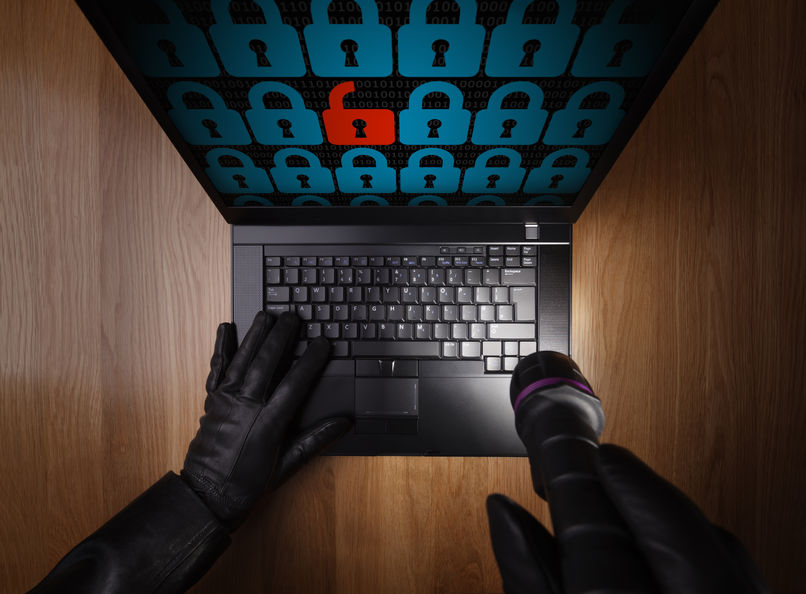
The business world has changed dramatically in recent years with many companies now operating solely or partially online. Both small and large organisations are thriving due to improved internet connections and sophisticated technology, but whether you run a business web hosting service or a small e-shop, it’s essential to prepare for the worst and ensure your website is safe and secure.
Believe it or not, Google finds around 9500 malicious websites every day, many of which have been compromised by malware authors. Hackers pose a really serious threat to companies of all sizes, so here’s how to ensure your part of the internet is as well protected as possible.
- Keep your software up-to-date
With so much to do on a daily basis, it can be easy to forget about or ignore software updates – but this is extremely unwise as it essentially gives hackers easy access to your site. Most hackers are technology experts who will look for security holes in popular software and abuse them, so keep all server operating systems and apply security patches if you are using third-party software such as CMS or forum.
- Use strong passwords and change them regularly
Hackers love to steal or crack passwords as it gives them unlawful access to all kinds of software and servers, allowing them to infiltrate entire businesses and carry out nasty activities – from infecting visitors with malware to luring them to dodgy sites. For this reason, it is extremely important to choose strong passwords that people won’t easily guess and to change them regularly.
Whatever you do, don’t use details people might be familiar with such as your name, birthday, pet’s name or address as these are far too obvious. Instead opt for something more obscure, use a mixture of letters, numbers and symbols if possible and (if you need to write them down) don’t leave your book of passwords lying around – after all, you never know who could be a potential hacker.
- Register with Google’s Search Console
Sometimes, companies are blacklisted by Google without even realising they’ve been hacked. This can have catastrophic effects on a business, but by registering with Google’s Search Console (or Google Webmaster Tools as it used to be known), you will receive notifications of malware infections immediately allowing you to take action promptly – hopefully before blacklisting occurs. Search Console will also tell you the exact problem you’re dealing with which will enable you to clean up your system quickly and accurately.
- Seek expert help
There are companies out there that will do everything possible to protect your website for a set fee. So, if you’re not very good with technology, or simply want peace of mind that someone is taking care of website security properly, this might be the right option for you. Believe it or not, some of the best known companies in the world have hired former hackers to monitor their security. Why? Well, because hackers have top tech knowledge. Google, for instance, hired a team of hackers (or security researchers as they called them) to carry out Project Zero – their ongoing mission to find and fix bugs on the internet.
If your website is hacked it could have a long-term, negative impact on your business, so it’s vitally important that you do everything in your power to keep your part of the web safe.
Find a Home-Based Business to Start-Up >>> Hundreds of Business Listings.
















































